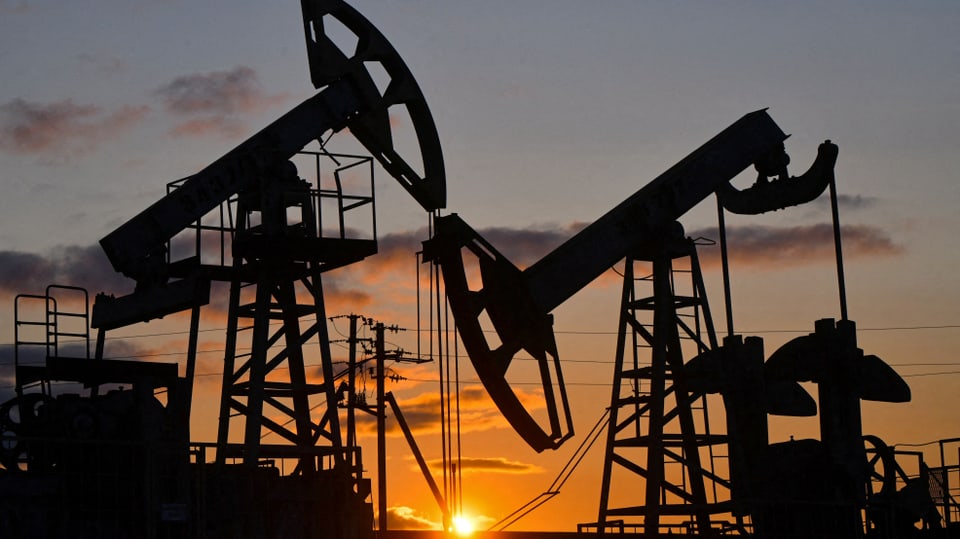Contents
Russia and China in particular will benefit from the export ban, while countries like Switzerland could suffer.
A few days ago, Russia banned the export of gasoline and diesel abroad – only temporarily, as it is said. Moscow explains that the government wants to secure domestic supplies and dampen price increases in Russia.
Export ban makes people sit up and take notice
Western buyers such as the EU now hardly ever receive oil directly from Russia. This is a result of the embargo on Russian oil because of the war in Ukraine. The EU’s price cap for Russian oil also contributes to the fact that a large part of Russian production flows to countries such as China and India. There the oil is processed in refineries. It then reaches the world market, for example in the form of diesel for ships and trucks.
If Russia comes under military pressure or expects something political from it, the country will turn off the oil tap.
Against this background, Moscow’s export ban is making people sit up and take notice, says energy expert Christof Rühl. “Experts have long been surprised that demand for crude oil exports has increased in China despite a declining economy.”
Russia and China benefit
Now there is an explanation for China buying so much oil, says Christof Rühl, who teaches at Columbia University in New York. “The assumption is that the Chinese buy this crude oil to refine it and re-export it as products, including to Europe.”
I think it’s a finger exercise on the Russian side to test the market.
By stopping the export of the processed products, Russia is now making even more crude oil available for direct sale to China. That was behind Moscow’s decision, not concern about domestic supplies. Both sides, Russia as an oil exporter and the major buyer China, could benefit from this.
“Due to the cheap price of crude oil, the Chinese have a higher margin and make more money. The Russians can sell their crude oil at higher prices because they can sell more of it. I think it’s a finger exercise on the Russian side to test the market.”
Legend:
A Russian oil production facility in Almetyevsk.
Reuters/Alexander Manzyuk
If you put Moscow’s latest measure in this context, it becomes clear: the risks from a Western perspective are considerable. President Vladimir Putin’s Russian regime could try to put the West in serious trouble by restricting the supply of Russian oil and oil products on the world market even more than before. “You shouldn’t be under any illusion: If Russia comes under military pressure or expects something political from it, the country will turn off the oil tap.”
West could feel the consequences
This danger also explains why the global oil markets reacted sensitively to the news of Putin’s temporary export ban on diesel and gasoline. The market has become increasingly tense since the summer, emphasizes expert Rühl. Not only crude oil, but also gasoline and diesel have already become noticeably more expensive.

Legend:
Will the West feel the effects of the Russian export ban on gasoline and diesel in the coming winter months? (Picture shows a gas station in Geneva).
Keystone/Martial Trezzini
If Russia were to use oil as a geopolitical weapon even more ruthlessly, the West could feel the effects of this in the coming winter months. Sharply rising oil prices could stall the economy and would also make it more difficult for central banks to combat inflation, to name just two impending difficulties.
